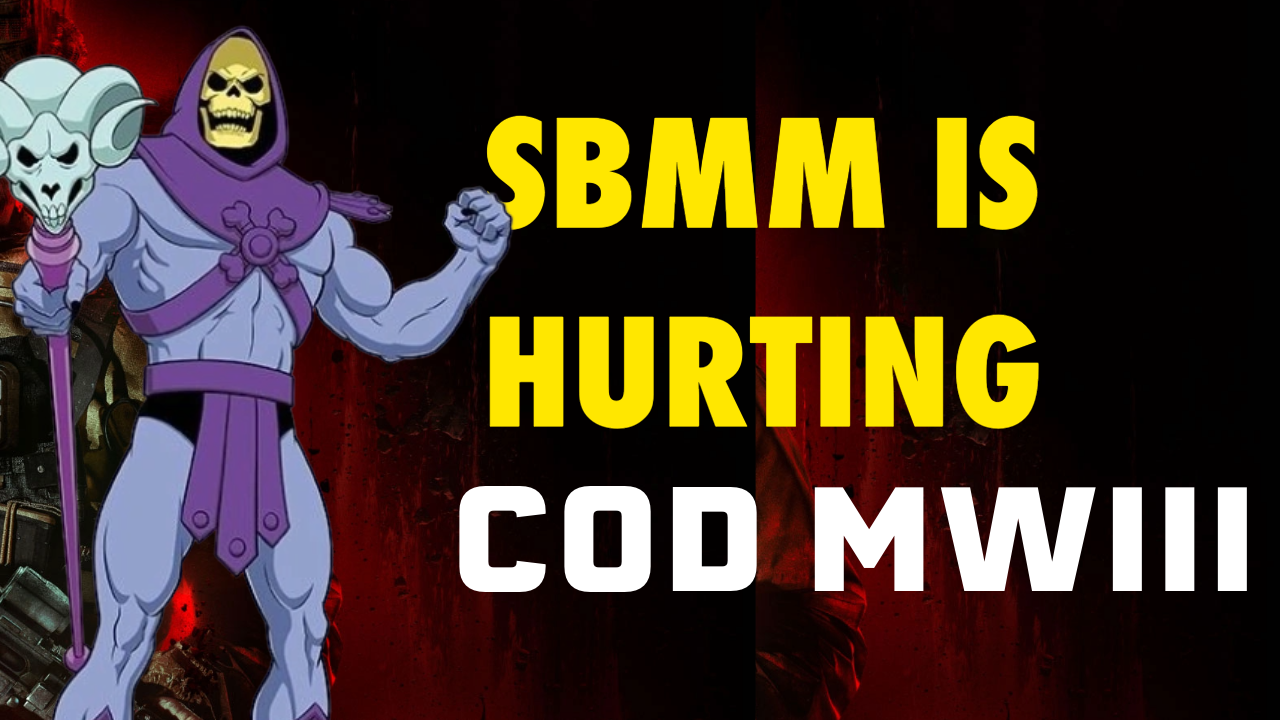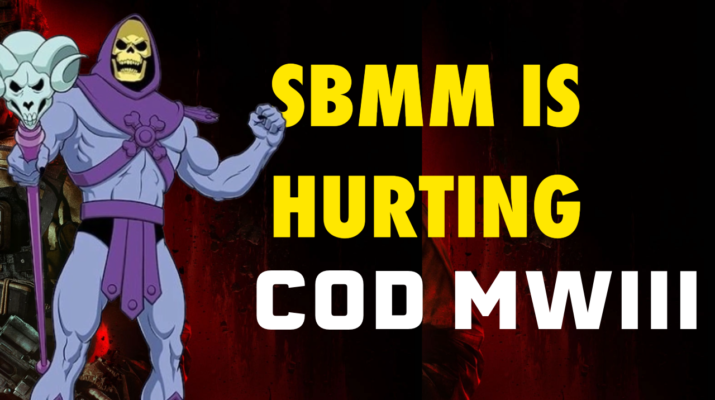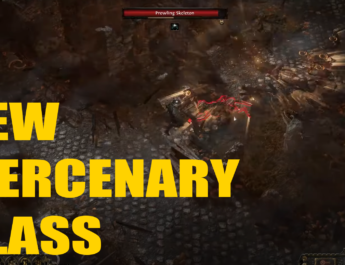
Call of Duty: Modern Warfare III, a beloved title in the iconic gaming franchise, has seen its fair share of ups and downs since its release. One of the most contentious issues plaguing the gaming community is the implementation of skill-based matchmaking (SBMM). While the intention behind SBMM is to create a more balanced and competitive gaming experience, many argue that it has an adverse impact on new players. In this blog post, we will delve into the nuances of skill-based matchmaking and explore how its presence in Modern Warfare III may be hindering the enjoyment of the game for those just stepping into the virtual battleground.
Understanding Skill-Based Matchmaking:
Skill-based matchmaking is a system used in multiplayer games to match players of similar skill levels against each other. The objective is to create more balanced matches, where players face opponents with comparable abilities. In theory, this approach should lead to more intense and closely contested battles, enhancing the overall gaming experience.
While the concept of skill-based matchmaking seems reasonable on paper, it has sparked significant controversy within the Call of Duty community, especially concerning its impact on new players. Critics argue that SBMM may create an unforgiving environment for beginners, discouraging them from continuing their journey in the game.
1. **Overwhelming Competition:**
New players often find themselves thrown into matches with highly skilled opponents, leaving them little room to learn and adapt. The intensity of competition in these lobbies can be overwhelming, leading to frustration and a sense of discouragement.
2. **Learning Curve Disruption:**
Call of Duty games have traditionally embraced a learning curve that allows players to improve gradually. However, with SBMM, new players may find themselves facing tougher opponents much sooner, disrupting the natural progression of skill development.
3. **Limited Experimentation:**
Skill-based matchmaking tends to create a meta where only certain weapons, tactics, and load-outs are effective. This limitation can stifle the creativity and experimentation that often define the early stages of a player’s engagement with a game.
The backlash against skill-based matchmaking in Modern Warfare III has been vocal and persistent. Online forums, social media platforms, and gaming communities are rife with discussions about the negative impact of SBMM on the overall gaming experience. Some of the key concerns raised by the community include:
1. **Reduced Variety in Matches:**
SBMM often results in players facing similar skill levels repeatedly, leading to a lack of variety in matches. This monotony can make the gaming experience feel stale and predictable.
2. **Longer Queue Times:**
Matching players based on skill can lead to longer queue times as the system strives to find opponents of similar proficiency. This extended wait can frustrate players who just want to jump into a quick game.
3. **Disconnect from Casual Fun:**
Call of Duty has a long-standing tradition of providing a casual and enjoyable experience. SBMM, however, has been accused of eroding the casual fun factor, making every match feel like a high-stakes competition.
In the face of mounting criticism, game developers and the Call of Duty community have been exploring potential solutions to address the drawbacks of skill-based matchmaking, particularly for new players.
1. **Adjustable SBMM Settings:**
Introducing adjustable skill-based matchmaking settings could be a potential solution. Allowing players to choose their level of competitiveness would cater to both casual gamers and those seeking a more intense experience.
2. **Separate Lobbies for Beginners:**
Implementing separate lobbies for new players, where they can learn the ropes and develop their skills without being overwhelmed by experienced opponents, could provide a more accommodating entry point.
3. **Skill Tiers with Rewards:**
Creating skill tiers with corresponding rewards could incentivize players to improve their skills gradually. This approach encourages players to strive for improvement while providing a sense of accomplishment.
Skill-based matchmaking in Call of Duty: Modern Warfare III has undoubtedly sparked heated debates within the gaming community. While the intention behind SBMM is to create fair and competitive matches, its impact on new players raises valid concerns. Striking a balance between catering to the competitive audience and providing a welcoming environment for beginners is crucial for the continued success and enjoyment of the game. As the gaming landscape evolves, it remains to be seen how developers will respond to the growing demand for a more inclusive and enjoyable Call of Duty experience.


